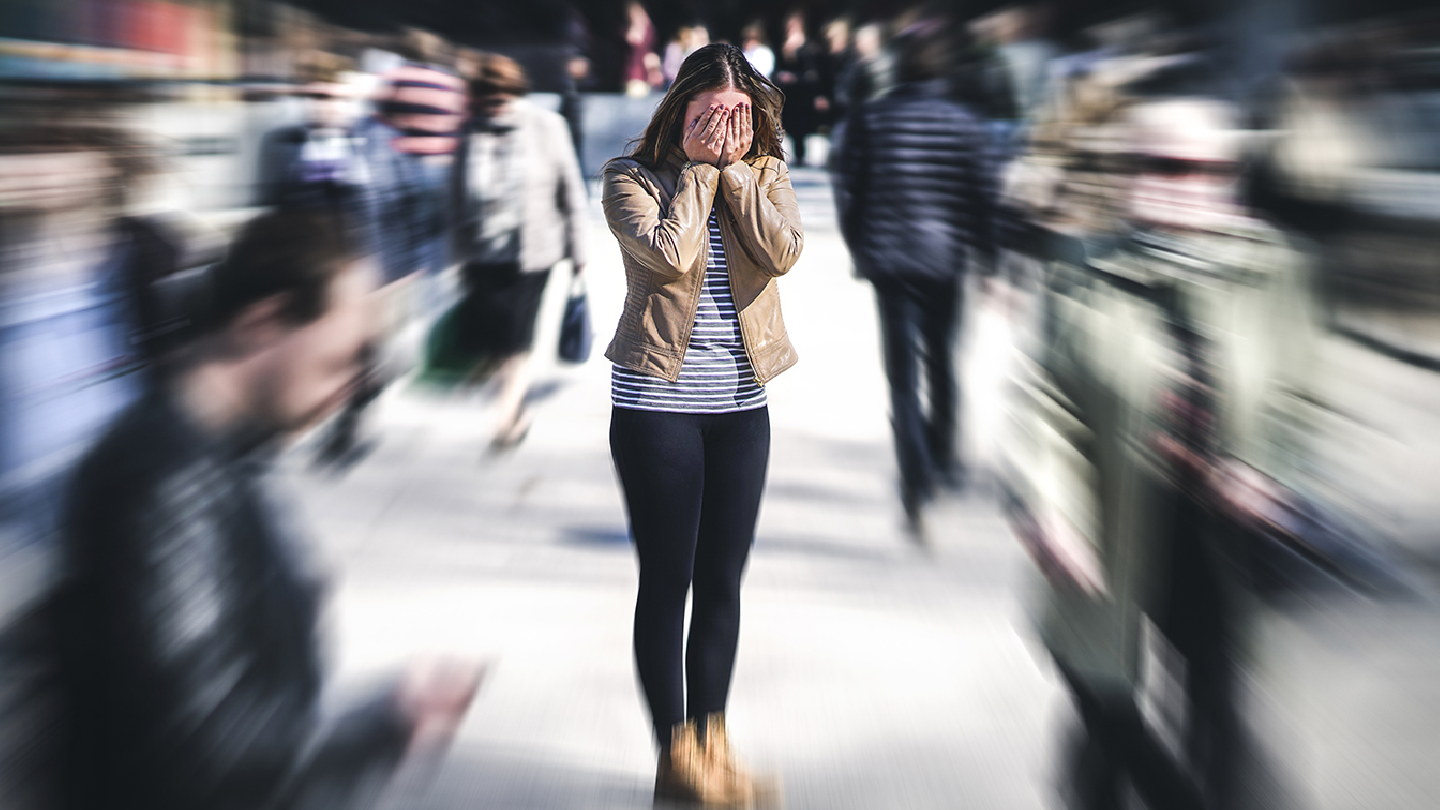Please don’t judge me – Social anxiety

Please don’t judge me – Social anxiety.
“OK.. I’ve got this but…what if I mess it up? I’m being an inconvenience, aren’t I? Will that look like a weird combination? They probably think I’m ordering too much…. I should just leave it all together.”
Remember acting out the scenario before a big interview, anticipating what they might ask you responses and how you’ll be perceived? Now imagine doing that daily, for each… and every… social interaction.
We all deal with nerves and self-doubt to some extent but for many it’s an excruciating, yet invisible, everyday struggle. It’s not simply being shy, but a condition known as social anxiety.
What is social anxiety?
Social anxiety disorder (social phobia) is an overwhelming fear of social situations like meeting or speaking to people. It is estimated that 264 million adults around the globe have anxiety. (World Health Organization, 2017)
My most recent realisation of this disorder was a friend’s partner who most assumed was a ‘social snob’ for never attending birthdays dinners. After persevering past the excuses, we came to learn that she had severe social anxiety when it came to social gatherings and restaurants. Even in a fast-food capacity, she only ordered through electronic kiosks. Wow!
Working at Glory, I’ve always pushed electronic kiosks as a convenient alternative to ordering through cashiers. Never would I have thought that for some this is a necessity, due to the lack of human interaction. Further to this, I discovered people order 20% more via kiosks than through traditional cashier due to the fear of being judged. While this is a breakthrough for technology, it feels like a step backwards for humanity.
I learnt three lessons here. First is the cliché, “don’t judge a book by its cover”. Secondly, the way we react to people can have a major impact, so we need to be cautious of our mannerisms and facial expressions and thirdly, social anxiety is complex but can be treated.
Anxiety disorders are highly treatable, yet only 36.9% of those suffering receive treatment. The first steps we can make to help are understanding and adjustment. We need to make people comfortable enough to reach out.
Be patient with people, and don’t forget, be kind.
Want to help your friends?
https://www.healthline.com/health/anxiety/5-ways-to-help-social-anxiety#5.-And-finally,-be-funny!